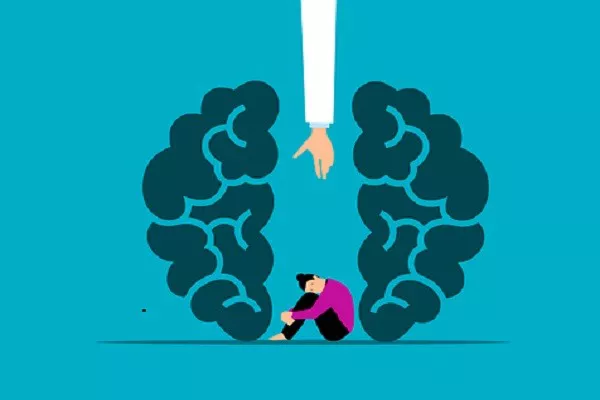Social anxiety disorder is a mental health condition characterized by intense and persistent fear of social situations. Social anxiety can be caused by a variety of factors, including genetics, environmental factors, and life experiences. Parents can play a role in the development of social anxiety disorder in their children, although it is not necessarily a direct cause.
In this article, we will explore how parents can inadvertently contribute to the development of social anxiety in their children, and what strategies they can use to support their child’s mental health.
Causes:
- Overprotectiveness: Parents who are overprotective of their children may inadvertently limit their exposure to social situations. This can lead to a lack of social experience and a fear of new situations. Overprotective parents may also model anxious behavior for their children, which can be internalized and lead to anxiety in the child.
- Criticism: Parents who are overly critical of their children may unintentionally cause them to feel insecure and self-conscious. This can lead to social anxiety, as children may worry about being judged or rejected by others.
- Trauma: Traumatic experiences, such as physical or emotional abuse, can contribute to the development of social anxiety. If a child has experienced trauma, their parents’ response to the trauma can also impact their mental health. If the child feels unsupported or invalidated by their parents, they may develop social anxiety as a way to protect themselves from further harm.
Strategies:
- Encourage socialization: Encourage your child to engage in social activities, such as clubs or sports teams, where they can meet new people and gain social experience. Provide support and encouragement, but also allow your child to experience new situations on their own.
- Positive reinforcement: Provide positive feedback and encouragement to your child, rather than criticism. Help them to develop a positive self-image and reinforce their strengths.
- Validate emotions: If your child expresses anxiety or fear about social situations, validate their emotions and provide support. Encourage them to talk about their feelings and help them to develop coping strategies for managing their anxiety.
- Seek professional help: If your child’s social anxiety is significantly impacting their daily life, consider seeking professional help. A mental health professional can help your child to develop coping strategies and provide support for their mental health.
Conclusion
While parents are not necessarily a direct cause of social anxiety disorder, they can contribute to its development through their parenting style and responses to their child’s experiences. By encouraging socialization, providing positive reinforcement, validating emotions, and seeking professional help if necessary, parents can support their child’s mental health and help them to manage social anxiety.


























